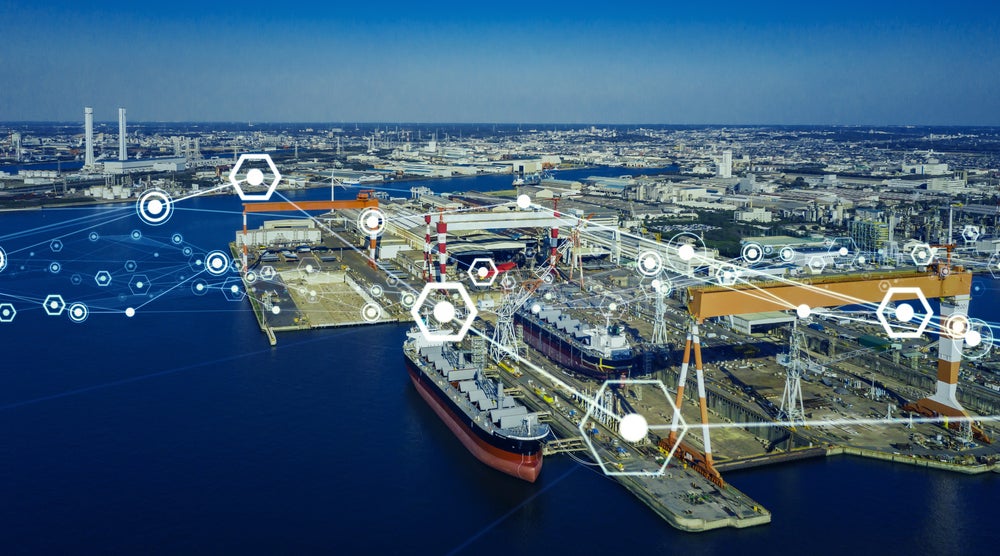Port management has grown in complexity due to expanding global trade, changing shipping patterns, technological advancements, evolving regulatory and environmental compliance, and increasing infrastructure and capacity constraints.
Today’s supply chain involves many stakeholders and processes to ensure smooth goods flow. Technology can facilitate operations, but integration among systems is a persistent challenge.

Port authorities have turned to agnostic appointment systems – those compatible with various systems and technologies – to address modern operational challenges. Agnostic systems can increase visibility and integrations across stakeholders, enabling greater efficiency, collaboration and new innovation opportunities to enhance port management.
The current port management challenges
Ports and terminals are still navigating the aftermath of disruptions and regulatory changes resulting from the pandemic. Surges in demand and shortages in equipment and labour are still prevalent, hindering their ability to maintain consistent operations.
Moreover, ports often rely on a patchwork of different and often outdated systems to manage operations. This reliance on manual and disparate processes leads to several complications.
Juggling multiple systems increases complexity and introduces inconsistencies across operations and carriers, making it challenging to maintain a standard workflow. As a result, collaboration suffers. The lack of interconnected systems impedes effective communication among shippers, operators and logistics providers, complicating collaborative efforts.

US Tariffs are shifting - will you react or anticipate?
Don’t let policy changes catch you off guard. Stay proactive with real-time data and expert analysis.
By GlobalDataFlexibility is also limited. Without integrated management tools, responding quickly to disruptions becomes cumbersome. Data issues also arise from patchwork systems; the inability of systems to communicate can result in lost or inaccurately interpreted data, complicating decision-making processes.
Addressing these challenges calls for the adoption of common tech frameworks. An agnostic port management system can serve as a solution, enhancing coordination and agility throughout the port’s operations to set the stage for more streamlined and efficient port management.
The benefits of agnostic port management systems
Agnostic port systems address many of the challenges of traditional port management technologies. Since agnostic systems are neutral platforms for scheduling and managing appointments across ports, they can help centralise coordination. This coordination creates more seamless communication of systems through API-based, user-friendly interfaces and real-time data exchange capabilities.
Equipped with robust tech-driven enhancements, agnostic port management systems lead to several notable benefits for port authorities, terminal operators, motor carriers, beneficial cargo owners (BCOs), and ocean carriers.
Integrating port management systems simplifies access to current supply chain data, such as container availability. This allows for real-time visibility of cargo, offering more precise insights into the status of shipments and delivering detailed analytics on the performance and trends within the supply chain.
These port management tools also enhance communication, promoting more vital stakeholder collaboration. Centralising essential documents and reports makes it easier for motor carriers and BCOs to manage, access, and share critical information. Improved access drives efficiency in daily operations that result in longer-term improvements in decision-making.
More efficient appointment scheduling
Agnostic port management systems seamlessly integrate with existing tools to streamline tasks like appointment scheduling, effectively reducing delays and improving overall productivity. They also support dual transactions, enabling the simultaneous handling of import and export activities.
This functionality optimises operational workflows and enhances the capacity of ports to manage cargo movements more effectively, resulting in more efficient port operations.
Agnostic systems provide the agility to adjust to unexpected changes within the supply chain, thanks to their real-time information-sharing capabilities. This adaptability is crucial for managing the demand surges, enabling ports to navigate the dynamic nature of global trade more effectively.




